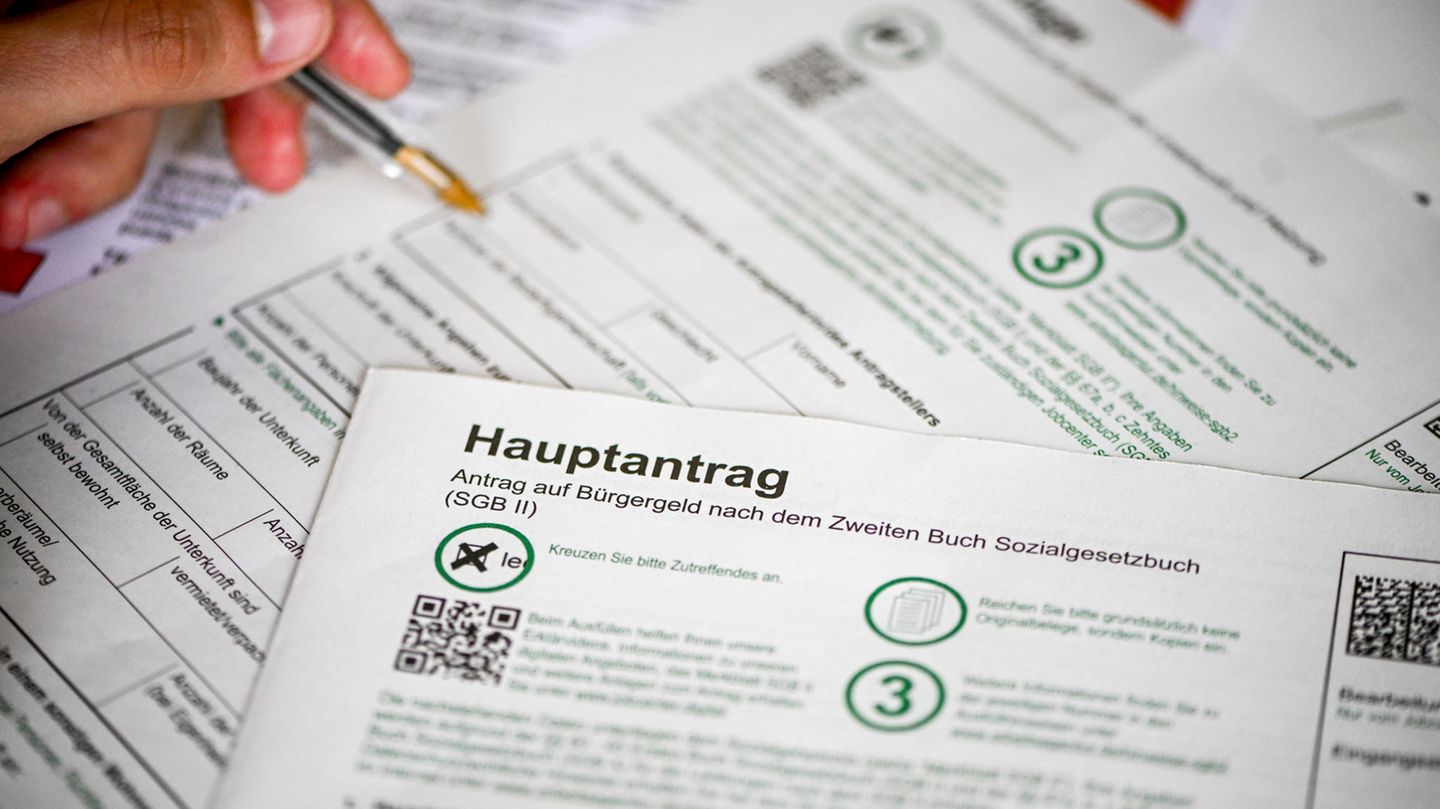I have been working in the news industry for over 6 years, first as a reporter and now as an editor. I have covered politics extensively, and my work has appeared in major newspapers and online news outlets around the world. In addition to my writing, I also contribute regularly to 24 Hours World.
Menu
Citizens’ benefit reform: An attack on Germany’s social system?
Categories
Most Read
Senator becomes head of state: End of the left-wing era in Bolivia: Paz wins presidential election
October 20, 2025
No Comments
Demonstrations: Trump after mass protests: “I am not a king”
October 20, 2025
No Comments
Situation at a glance: After new violence: Is the ceasefire in Gaza holding?
October 20, 2025
No Comments
Caren Miosga: A lot of talk, but very little argument
October 20, 2025
No Comments
Citizens’ money reform: Survey: Majority thinks citizens’ money reform is fairer
October 20, 2025
No Comments
Latest Posts

Long car trips: how to calculate fuel consumption and not have problems on the road
October 20, 2025
No Comments
In this context, knowing how much gasoline the car consumes and how much will be needed for the trip, You can avoid getting stranded mid-hike

“Weapons”, the most talked about horror film of the year confirms its release date on HBO Max
October 20, 2025
No Comments
October 20, 2025 – 11:50 The work directed by Zach Cregger stars Josh Brolin, Julia Garner, Alden Ehrenreich, Austin Abrams, Cary Christopher, Benedict Wong and

New controversy: L-Gante is accused of stealing a police officer’s motorcycle
October 20, 2025
No Comments
October 20, 2025 – 11:49 The problems with the Police occurred after his departure from a property in Roque Pérez where a show by the
24 Hours Worlds is a comprehensive source of instant world current affairs, offering up-to-the-minute coverage of breaking news and events from around the globe. With a team of experienced journalists and experts on hand 24/7.

